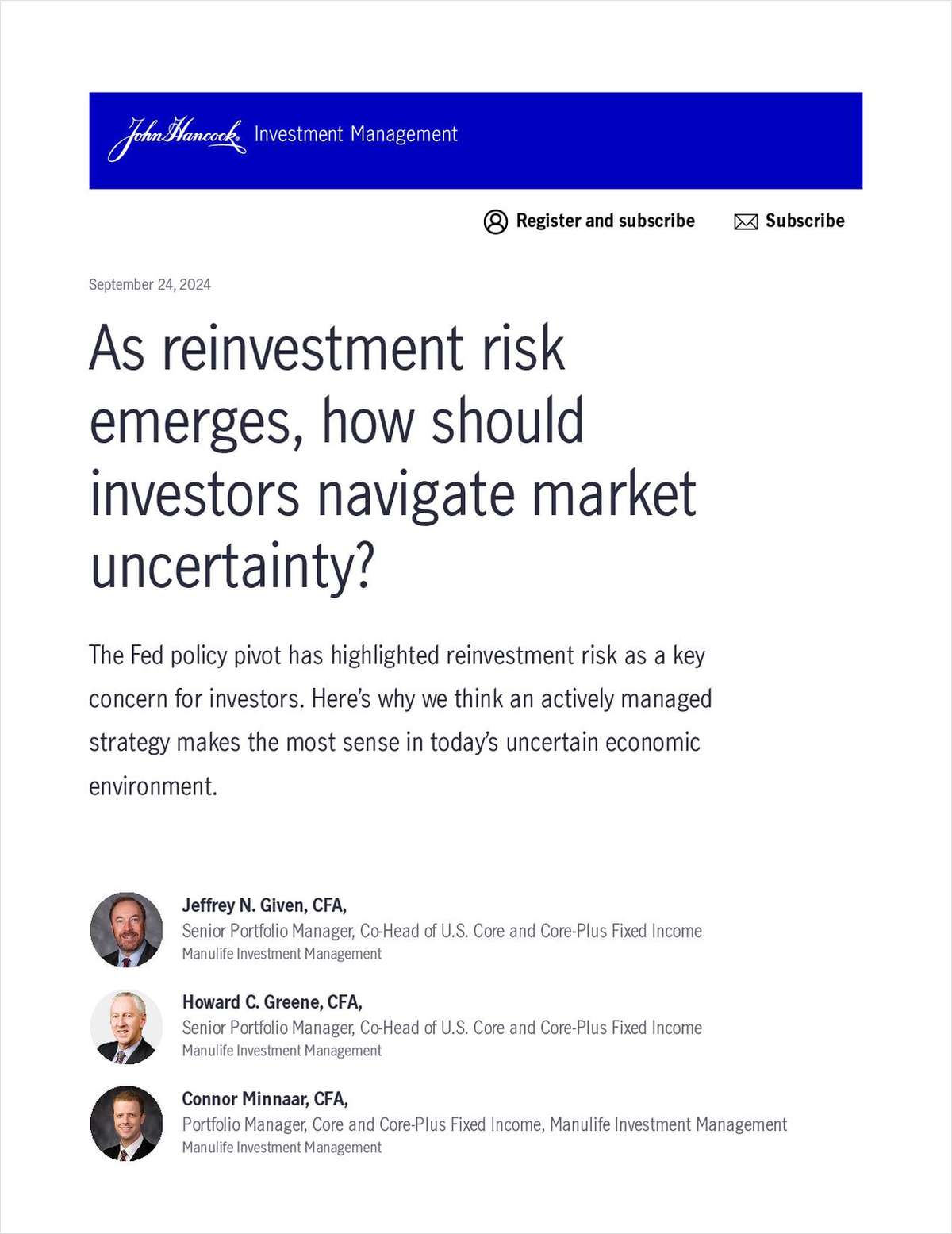I'm a superstitious optimist. I always expect the best but somehow think that worrying about and planning for the worst will make sure the best outcome comes true.
Of course, right now, the long-term care insurance (LTCI) industry looks as if it's in a not-especially-pleasant situation. It's easy, and reasonable, to start an article with an attention-getting suggestion that some manner of doom might be a few minutes away.
Certainly, a prediction of doom seems more honest than a lead based on the premise that nothing is amiss at a time when it looks as if LTCI carriers are competing to see which can get all 50 states and the District of Columbia to approve their 999% rate hikes fastest.
But plague never killed everyone, the United States and the Soviet Union never got into an all-out nuclear war, and a giant meteor hasn't smashed into the Earth and ended civilization as we know it in my lifetime, at least.
Maybe the LTCI industry will also muddle through.
Here are some ideas about things that could change and make the LTCI industry be a lot stronger 20 years from now than it is today:
1) Interest rates could go up and stay up. It's hard to make money when the government rigs the monetary system against you. Sooner or later, rates should go back to normal, and insurance company investment returns should rise.
2) Scientists could find cures for Alzheimer's disease and other disabling health problems. Just a few weeks ago, scientists announced a discovery about how a protein that may cause or aggravate Alzheimer's spreads through neurons like mold through a box of raspberries. If scientists can figure out how to use that insight to develop an effective treatment, the reduction in the percentage of LTCI policyholders who have Alzheimer's could make up for an awful lot of policyholders who cling to their policies more tightly than the actuaries had expected.
3) Boomers could figure out new ways of getting through retirement. Projections of long-term care (LTC) doom are based partly on the idea that boomers will want to live alone either in hard-to-support single-family homes or in hotel-like assisted village facilities until they have to enter nursing homes.



